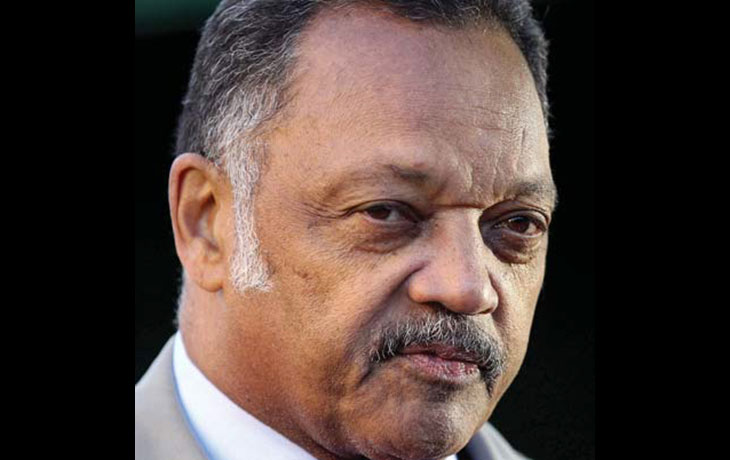by Jesse Jackson Sr.
(TriceEdneyWire.com)—The pomp and circumstance of the crowning of King Charles III filled TV sets.
The British crown is ceremonial; King Charles will take part in rituals, but not rule—that is in the hands of the British prime minister and the Parliament. Yet, beneath the vast spectacle of the Crown is another reality: the Crown is not only fabulously rich; it owns much of the land in the world.
The death of Queen Elizabeth II sparked many investigations into the wealth of the royal family.
Forbes put the royal family’s wealth at $28 billion, including fabulous castles, jewels, invaluable art, and extensive land ownings across Wales and England. The royal family also enjoys exemption not just from inheritance tax, but from taxes in general.
But the actual holdings of the Crown are far greater than that. Kevin Cahill was a researcher on the London Sunday Times “Rich List.” He has written a stunning book—Who Owns the World—that details who owns land across the world.
He reports that the British Crown is the legal owner of about 6.6 billion acres of land—one-sixth of the earth’s land surface. Charles III will be the king of 32 countries, and the head of the Commonwealth of 54 countries in which a quarter of the world’s population lives. In many of these countries—including Australia, which with its territories is the second largest country on earth, and Canada— the feudal land laws that were created under the British Empire still govern. The British Crown owns the land. The users of it are essentially lease-holders, some for specific terms, some in perpetuity. If King Charles could sell all the land for which the Crown holds the title, he would be, by far, the richest person who ever lived.
Much of the land is held in a tax haven —what Cahill calls the modern equivalent of a “bandit’s lair.” Of the world’s 24 largest tax havens, King Charles will become sovereign of no fewer than 13.
Most of the land that the crown holds title over is governed in fact by government agencies—who lease or dispose of it on behalf of the Crown. The Crown is not active in its governance—other than the extensive estates it owns in England. From most, it does not receive direct rents.
Its ownership, however, is a reminder of the force and impact of empire. In the days when the sun literally never set on the British Empire—with colonies stretching from North America to India to Hong Kong—the Crown and its agents collected rents, jewels, gold, minerals and more from the world. Needless to say, even after independence, this booty was never returned or repaid.
The American Revolution helped free the former colonies from this feudal arrangement. Under free market rules, America’s land is privately owned, not owned by feudal lords. And America’s populist tradition helped ensure that land ownings—particularly outside the South—were initially small in size. Under Abraham Lincoln, the Homestead Act distributed the lands in the west to settlers in small claims. Slaves had no right to be part of that distribution.
Today, with inequality reaching new heights, America’s small-d democratic distribution of lands and property is under pressure. Billionaires are accumulating massive tracts of land and massive holdings of buildings. Private equity investors have transformed the housing market, turning more and more Americans into renters, while they own homes by the thousands. Billionaires are also finding ways to avoid inheritance taxes, and to use tax havens and tax dodges to avoid paying their fair share of taxes.
The crowning of King Charles III was a captivating, antiquated spectacle. It was literally a throwback to a bygone age. Yet the ermine and the jewels, the crowns and scepters contain a caution. Democracy thrives on opportunity, on a broad middle class, not a ruling elite with massive, accumulated fortunes and lands. America’s democracy thrived by distributing the land, making public education available to all, and extending the right to vote. When wealth got too concentrated, we taxed the rich and invested in what made the country strong. Now, wealth is once more concentrated. Big money dominates elections; corruption undermines our institutions from the Supreme Court to the local city councils. Let’s enjoy the ceremony of the British Crown, but let’s act to ensure that America does not descend into a new feudalism where money rules, and people suffer.
In the end, for all its flaws, I choose a bottom up democracy—of, by and for the people—over a top down monarchy.
